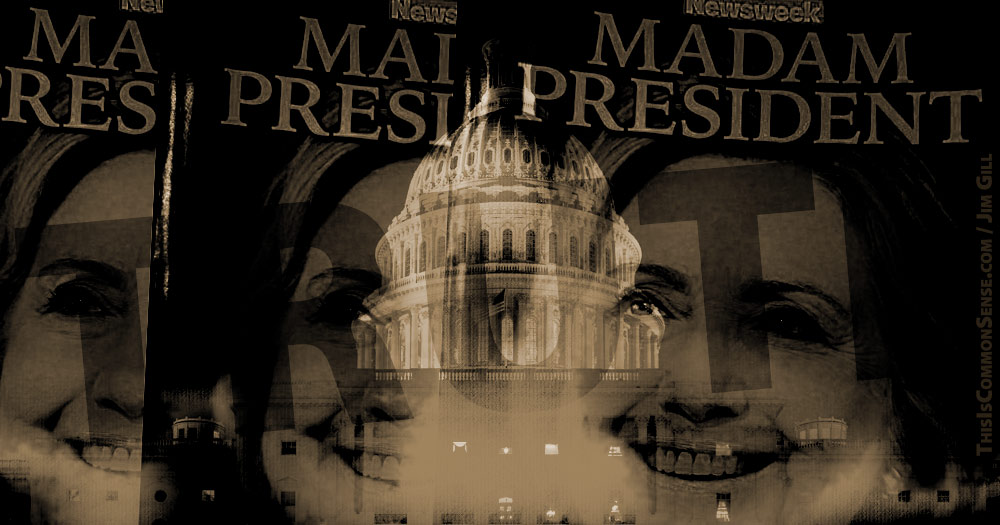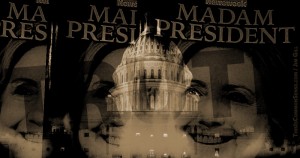“Fake news entered the world with the emergence of descriptive language,” writes philosopher Ray Scott Percival on Medium, “perhaps hundreds of thousands of years ago.”
And it is here to stay, because we lack a “fool-proof algorithm” for “disposing of fake news” without cranking out a different variety of fake news.
“But this should not demoralise us,” Percival admonishes. “It is no different from the situation of science. Removing error has to be a piecemeal, tentative enterprise.”
Percival, following a line of argument from philosopher Karl Popper, denies there is such a thing as “manifest truth.” It’s a delusion, says Percival. (The title of his multi-part essay is “Fake News and the Manifest Truth Delusion.”) But you don’t necessarily need to accept wholly his Popperian take on epistemology (or should that be “epistemics”?) to agree with his important conclusion, that a “ministry of fake news is a fantasy, a tool of oppression, suppression and stagnation, and would unavoidably impair our best means of error-correction.”
He recognizes that error isn’t the half of it. People lie. And some lies look pretty convincing, so we spread them. But the bizarre part of the current “fake news” mania is this: too many earnest citizens turn to government to stop “fake news,” though the biggest and most influential liar has always been the government.
What to do? Well, our “biggest gain in the control of error would be through the separation of science and the corrupting influences of politics (e.g. state funding, licensing etc.) and the chilling effect of political correctness on open discussion.”
Percival wants to “keep the enlightenment alive and kicking.” I like to think that’s just common sense.
I’m Paul Jacob.
See all recent commentary
(simplified and organized)
See recent popular posts


